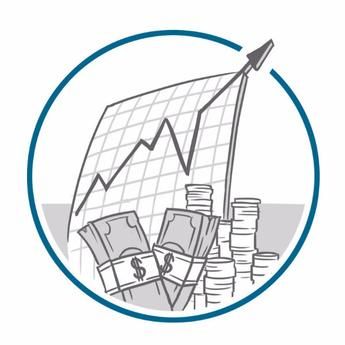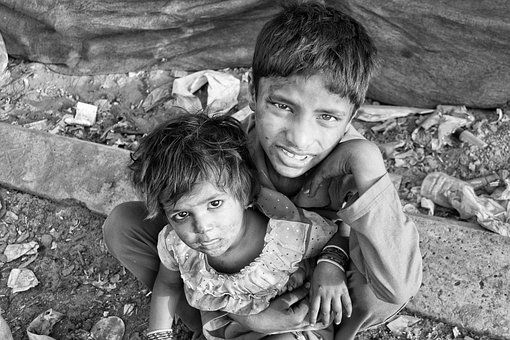Economics And Poverty In India
Mar 22, 2019 • 18 views
To give a single definition that would completely cover all the aspects of economy is a difficult task and not achieved by anyone so far.Various definitions have been given by people that broadly describe economics.In a broad sense ,Economics is the study of how human society,organisations,nations devise efficient ways to use the scarce natural resources to produce commodities and satisfy human needs .It also deals with the efficient distribution of the resources among the different sections of the society.

Different nations may use different methods to efficiently utilize the resources .Some of the economic theories like socialism,capitalism,communism deal with the distribution of resources and the role of different players. Nation adopts these theories based on the prevailing socio economic condition and future aspirations. No two economies are the same ,though they might follow the same principle.Since it is largely based on consumption pattern and need which is a function of human psychology which in turn is highly unpredictable and depends on the prevalant socio-economic factors.
Therefore ,it is a futile task to try to frame a single working definition of economics that encompasses every detail of it.We can however study economics as a discipline of humanities as it deals with human behaviour.As far as humans are concerned ,there is vast disparity in distribution of resources among them. This has lead to widespead poverty among vast groups of people.

Poverty is one of the foremost challenges facing India today.According to the latest reports, around 20% of the population are below the poverty line and many more are just marginally above the poverty line.As such governments tend to introduce various schemes with the sole motive of alleviating poverty . However the success of such schemes is highly contentious.
Various challenges in the way of the success of these programs are-
1)Corruption-The major challenge that affects every sector in India
2)Inefficiency-Inefficiency of the system as well as the inefficiency of the bureaucrats.
3)Sheer scale-owing to the huge population of the country ,the sheer scale of the projects to be implemented is a huge challenge.
4)Identification of the benefactor-due to lack of efficient tracking mechanisms the identification of the benefactors is a challenge.
5)Insufficient funds-Funds collected for some of the programs are insufficient to meet the program goals.
MNREGA in India had to face the same challenges . Many schemes fared well despite the challenges whereas some failed to tie up.
The way forward would be to use means such as Adhaar ro rightly identify the beneficiaries and to ensure that the benefits reach all the intended sections of the populations.Proper planning and proper allocation of funds would do a great deal for the success of such programs.
